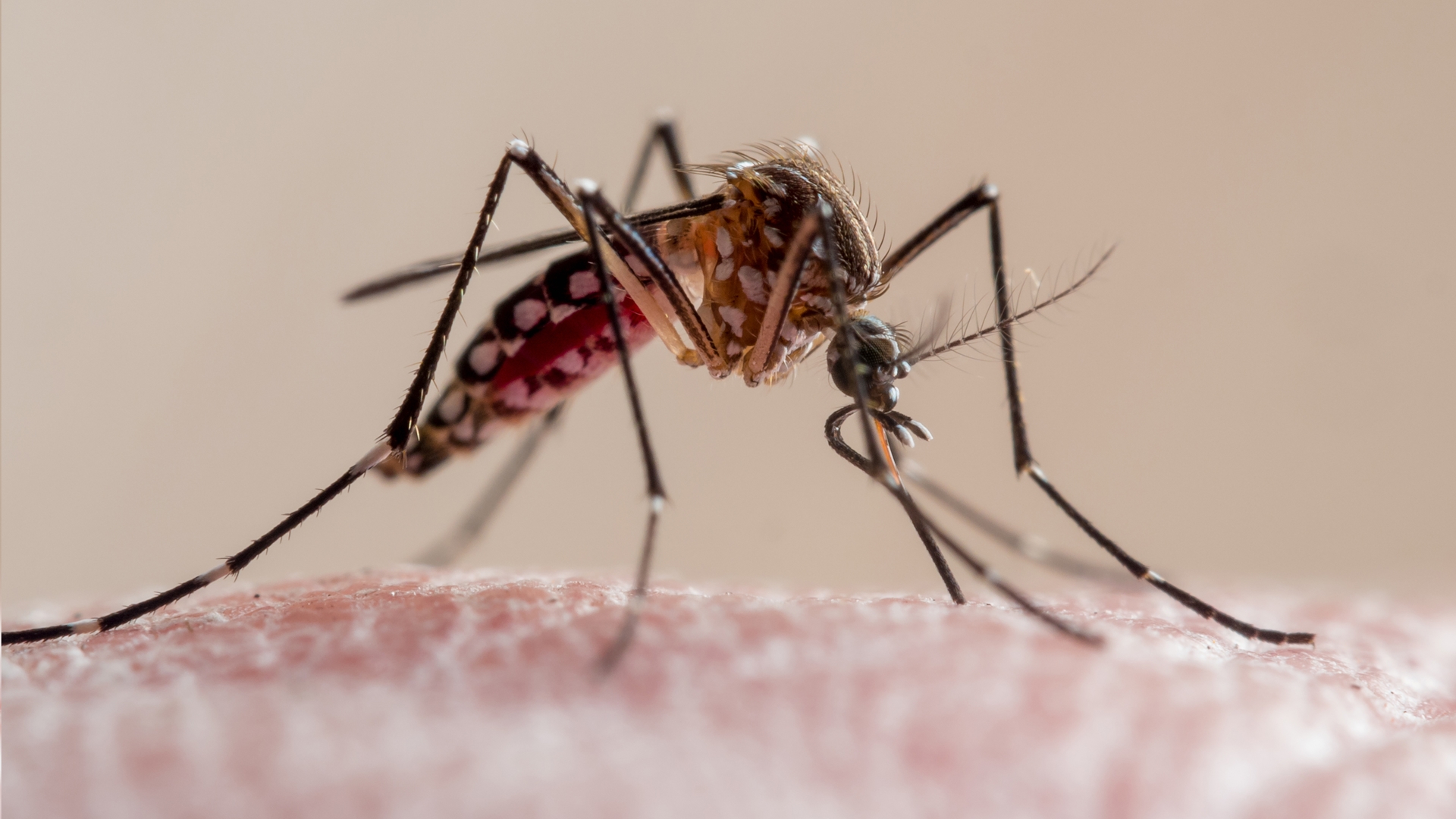
With winter weather on the way, Coloradans are more likely to be thinking about their ski jackets than they are about insect repellent, but as mosquito season draws to a close, public health officials have released some alarming data about the impact these biting bugs have had on the state's human population this year.
According to the Colorado Department of Public Health and Environment, 2023 has been one of the deadliest years on record for West Nile Virus, a mosquito-borne illness that can cause a serious brain infection such as meningitis or encephalitis. This year has seen 619 reported infections and 48 deaths as a result, marking the second-deadliest year on record. The state has been reporting on West Nile since 2003, when 66 people died from the virus.
The report comes at the end of mosquito season, which typically stretches from May until October in Colorado. This year's season was particularly bad due to the unusually wet spring and summer in the state, which drove the mosquito population to unusually high numbers, and Coloradans are known for spending a lot of time outdoors year-round, increasing exposure.
Reporting in the Colorado Sun earlier this year revealed that this year's cases were spread out across the state, marking no area as safe, while other western states such as California, Wyoming, Texas and the Dakotas also experienced outbreaks this year, according to UC Health.
For now, residents and visitors to Colorado can breathe a sigh of relief, but come the spring, it's important to remember that there is no vaccination against West Nile Virus, and the only way to keep yourself safe is to use a DEET-based repellent, limit your time outdoors during dawn and dusk, and wear protective clothing when camping and hiking, such as a long-sleeved base layer and full-length hiking pants.







